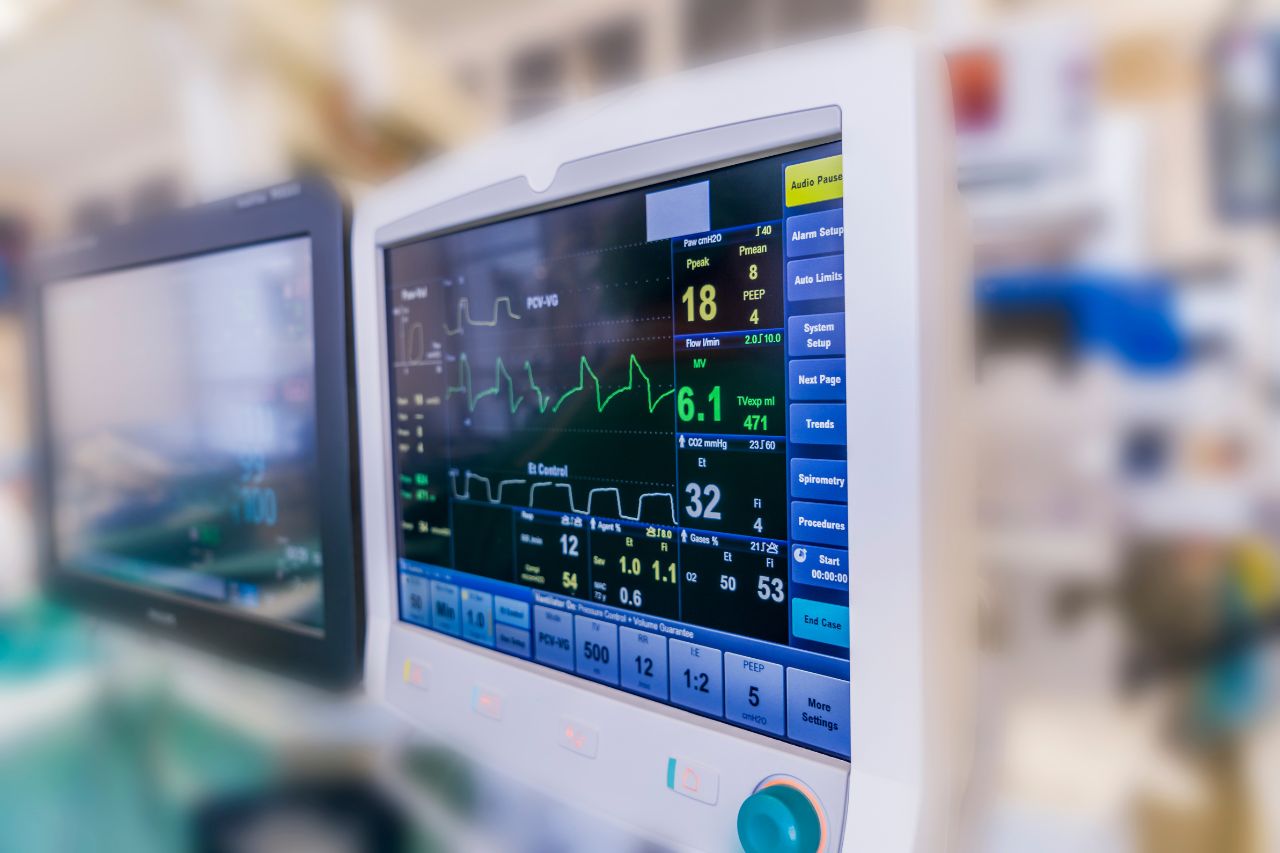Can Hormone Imbalance Cause Anxiety?
.jpg?rev=c74b404c60f5436ca120d59b063e638c)
Hormones are chemicals made and released by several glands, organs, and tissues. They’re messengers that help coordinate many functions throughout the body, working together in the endocrine system.
Unsurprisingly, when too much or too little of a hormone is produced, physical and mental health problems can occur. One of those issues is anxiety.
This article explains how hormonal imbalance can cause anxiety and what to do if that scenario affects you.
The Wide-Ranging Effects of Hormones
Hormones control a long list of processes in the body, including:
- Metabolism
- Growth and development
- Sexual function and reproduction
- Homeostasis (the maintenance of a balanced internal environment)
- Sleep-wake cycle
- Mood
Each of these functions can be affected by multiple hormones, making it challenging for doctors to determine which ones are out of balance and causing a health issue like anxiety. However, through observing other symptoms and sometimes performing tests, they can typically identify the hormones that are causing or intensifying anxiety.
Hormones Associated with Anxiety
Many hormones can trigger or worsen anxiety. Some of those most commonly involved are:
- Thyroid hormones. If your thyroid gland is overactive (hyperthyroidism) or underactive (hypothyroidism), that condition can cause anxiety or increase its symptoms.
- Estrogen. Fluctuations in estrogen levels are associated with mood changes. Menstruation, pregnancy, and menopause are some of the factors that can cause fluctuations.
- Testosterone. Low testosterone (low T) can increase the risk of anxiety and depression.
- Serotonin. This neurotransmitter helps regulate mood. Problems with hormone levels can impact serotonin production, causing or worsening anxiety and depression.
- Cortisol. The body releases cortisol in response to stress. The ongoing presence of cortisol in people with chronic stress increases the risk of anxiety and depression.
It’s important to understand that anxiety is a complex condition that typically has multiple contributing factors. However, identifying and addressing the impact of a hormonal imbalance can be a crucial component in treating anxiety.
Hormones and Anxiety: Diagnosis and Treatment
It’s normal to experience anxiety occasionally. However, you should talk with your doctor if you experience symptoms always or much of the time. Signs of an anxiety disorder include:
- Persistent worry
- Sense of impending danger
- Increased heart rate
- Sweating
- Intense urge to avoid stressful situations
- Trouble concentrating
- Fatigue
- Trouble sleeping
- Stomach problems
Your doctor will ask about your symptoms and health history, do a physical exam, and may order tests to check your hormone levels.
Treatment for anxiety caused or worsened by a hormonal imbalance may include:
- Stress management techniques like yoga, meditation, and regular exercise
- Dietary changes focused on healthy foods
- Limiting caffeine consumption and eliminating smoking
- Correcting the hormonal imbalance, including hormone replacement therapy if needed
- Prescription medication
The good news is that a holistic approach to addressing anxiety can significantly reduce or eliminate symptoms.
Talk with Your Doctor About Anxiety and Hormone Imbalances
Hormone-related anxiety can adversely affect your day-to-day functioning and overall quality of life. Fortunately, there are steps you can take to reduce your symptoms.
If you’re stressed and anxious regularly or continually, talk with your Baptist Health primary care physician. They can work with you to diagnose and treat your condition, including referring you to a behavioral health expert if appropriate.
If you don’t have a Baptist Health doctor, you can use our online provider directory to find one.


.jpg?rev=5229991c6207420aaae668ba0804b3bc)
.jpg?rev=ed72459f825148bc85a8cd78cd3cd5fa)